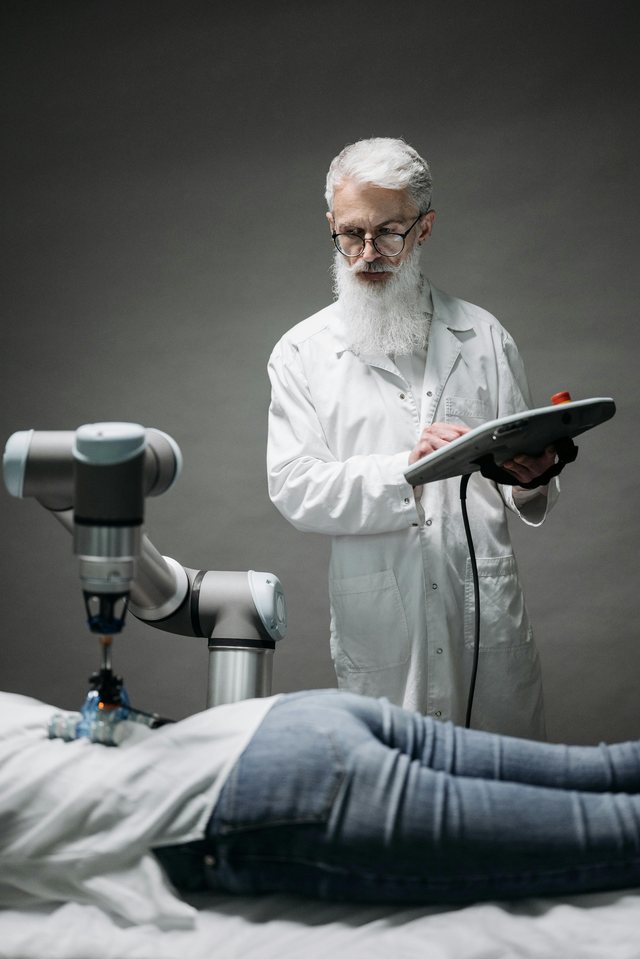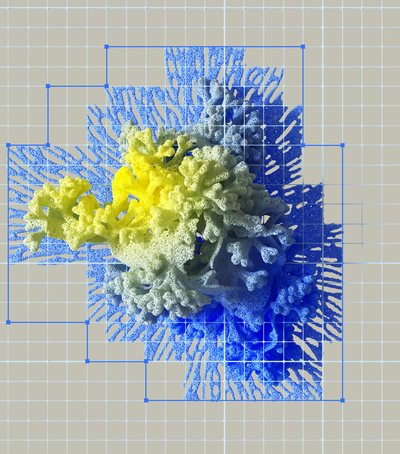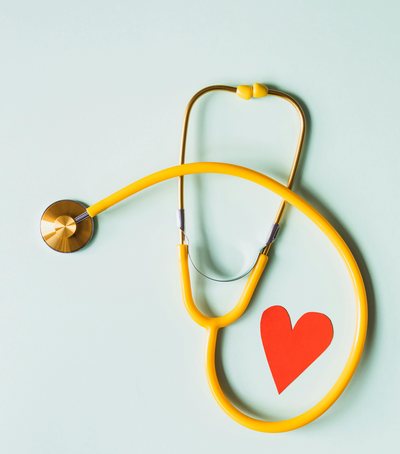
In the halls of modern hospitals, alongside stethoscopes and advanced equipment, a new tool is emerging – artificial intelligence. It doesn’t wear a uniform and has no work schedule, but is always behind the scenes, analyzing images, data and symptoms with a speed and accuracy that often exceeds human capabilities. AI is becoming the “invisible assistant” of doctors, changing the way we detect and understand diseases.
From data to diagnosis
Artificial intelligence systems are capable of processing thousands of tests, scans, and lab results in seconds, identifying patterns that would take a doctor hours or days. In radiology, for example, AI can detect early signs of cancer, lung disease, or heart abnormalities that are invisible to the human eye. This doesn't replace the doctor, but it gives him a second set of eyes—ones that see deeper and faster.
Prevention, not just treatment
One of the biggest revolutions brought about by artificial intelligence is the shift from reactive medicine to preventive medicine. By continuously analyzing patient data – from blood pressure to heart rate to sleep quality – AI is able to predict diseases before symptoms appear. Thus, a simple notification in an app could be the warning that saves a life.
Personalized diagnostics
Thanks to the combination with genetics and personalized medicine, AI is helping doctors create unique treatments for each patient. Algorithms analyze DNA, lifestyle and the body's reactions to drugs, helping to choose the most effective therapy with fewer side effects. In this way, the technology does not depersonalize medicine - on the contrary, it makes it more human, because it recognizes each individual in their biological uniqueness.
Invisible assistance, big impact
In the near future, doctors won’t need to ask AI for help – it will always be there. It will analyze patient charts, suggest possible diagnoses, assist in clinical decisions, and continuously learn from each new case. As a digital mentor, AI does not replace human intuition, but rather enhances it.
Ultimately, artificial intelligence isn't making medicine colder—it's making it more accurate, more predictable, and more humane. Because when technology and humans work together, the goal isn't just accurate diagnosis, but better care for life.
Photo by Pavel Danilyuk: https://www.pexels.com/photo/a-bearded-man-controlling-a-robot-8439063/





